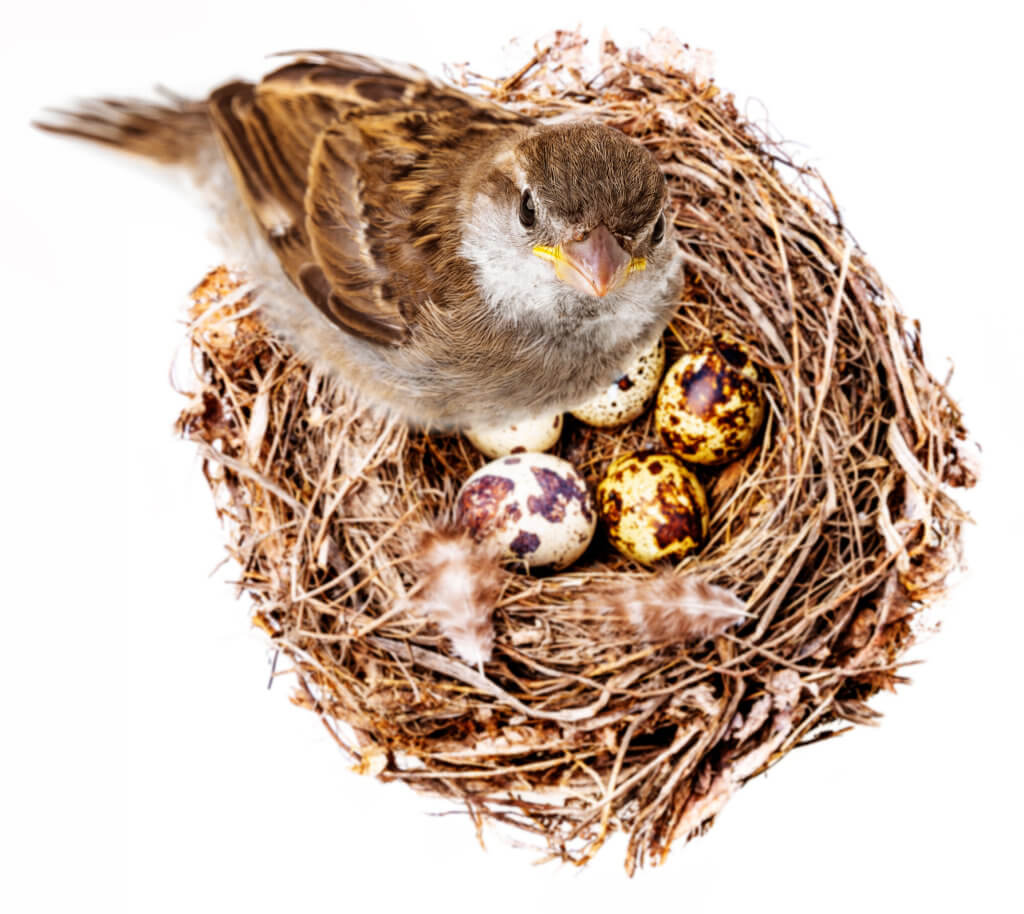How lovely is your dwelling place,
O Lord of hosts! My soul longs, indeed it faints
for the courts of the Lord; my heart and my flesh sing for joy
to the living God. Even the sparrow finds a home,
and the swallow a nest for herself, where she may lay her young,
at your altars, O Lord of hosts, my King and my God.
Happy are those who live in your house, ever singing your praise.
Psalm 84:1-4
“Ah, it feels good to be home!” Those were my words after recent travels and walking through our front door. I was feeling a little like Dorothy in the Wizard of Oz, as, back home in Kansas, she exclaimed: “There is no place like home!”
The late Bartlett Giammatti, once the Commissioner of Major League Baseball and a president of Yale University, spoke of the longing to go home. When Giammatti was asked to explain the enduring popularity of baseball, he said that it was because baseball is more than just a game. “Baseball is about going home”, Giammatti observed, “and we all want to get home”. He said that it represented the ancient Greek idea of nostos (from which we get the word “nostalgia”), as the “longing for home.”
The longing for home came to me as I was reading today’s scripture from a ‘traveling song’ that the ancient Hebrews sang as they journeyed to Jerusalem to worship. They sang, delighting in the prospect of soon being in the temple and worshiping God in His house. In this particular song the psalmist is moved by what he had seen on the temple altar: “even the sparrow finds a home, and the swallow a nest for herself.”
One might imagine the sight of a sparrow’s nest of grass, twigs, string, and other bits of debris, and the swallow’s nest made of mud and bird saliva with little ones poking out fuzzy heads. It was out of reverence for life that the Law of Moses prohibited moving these nests, eggs or fledglings (Deuteronomy 22:6). The psalmist is moved at seeing and realizing that even messy birds are welcome at the house of God.
The psalmist, like other ancient Hebrews, looked down on the sparrow as the most worthless of all birds. For the Hebrews the sparrow became symbolic of the worthless, good-for-nothing person. And the ever-wandering swallow suggested to them the restless soul never finding a place to fit in life. But the psalmist sees the sparrow and the swallow on the Lord’s altar and comes to realize that “Even the sparrow finds a home, and the swallow a nest for herself”. This moves the psalmist to joyful worship of God, who welcomes not just sparrows and swallows to His house, but even more so, welcomes the psalmist and us! Thus, he joyfully sings: “Happy are those who live in your house, ever singing your praise.”
Take it from me! It feels good to come home from travel, but even more wonderful to come home to God. The Father always welcomes prodigals, no matter how far we roam!
A fellow traveler,
Tim


